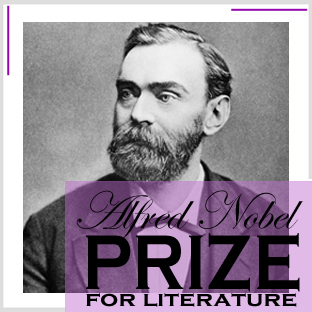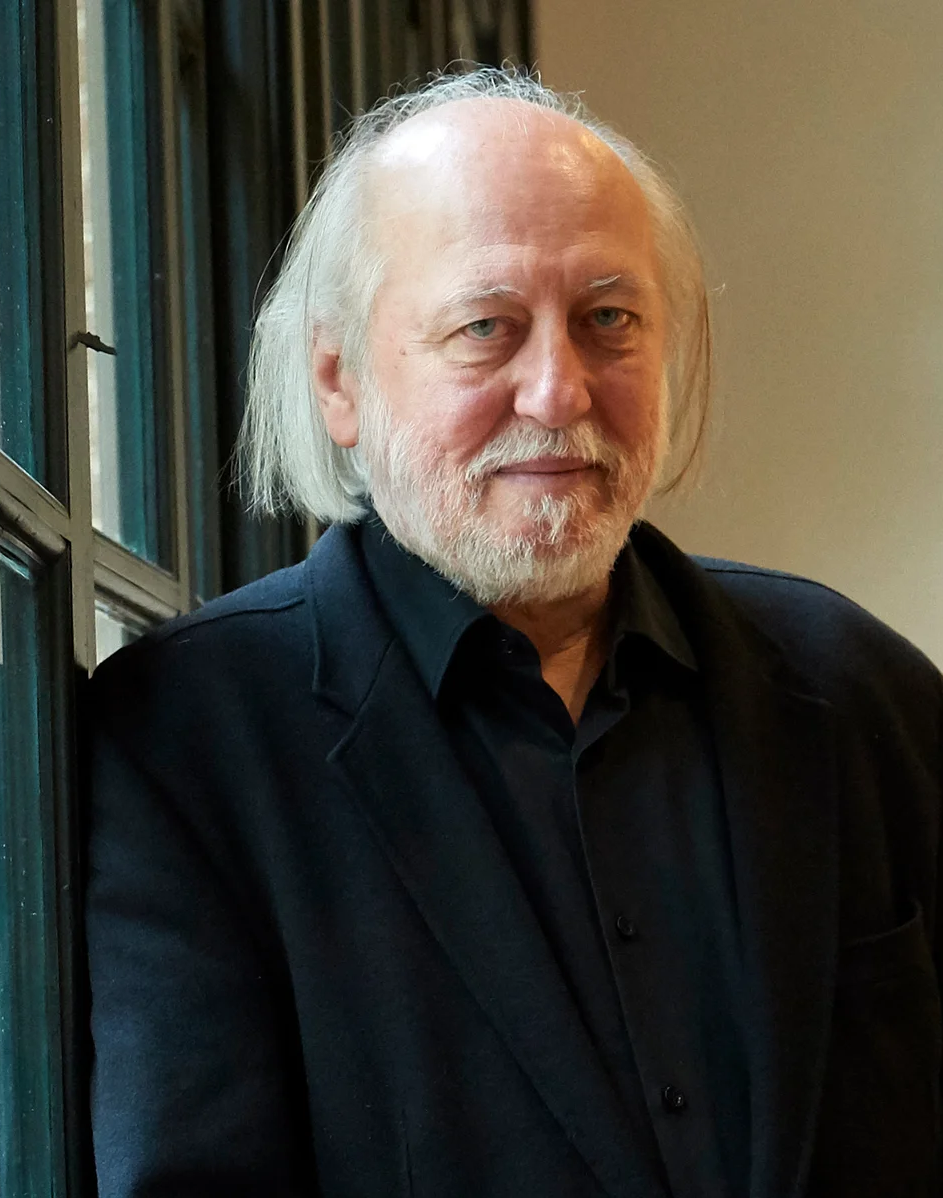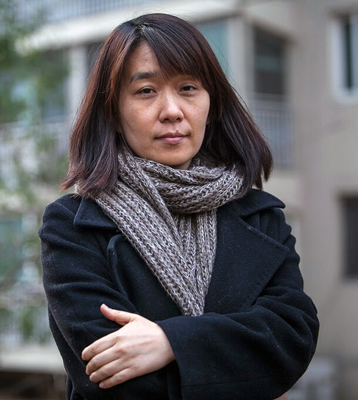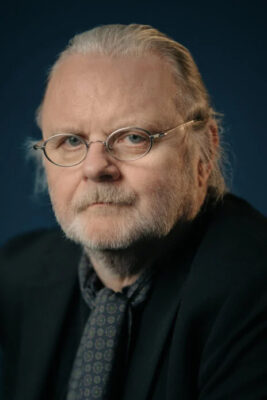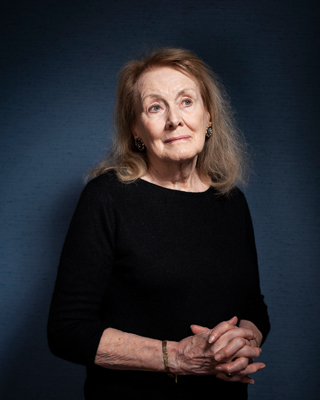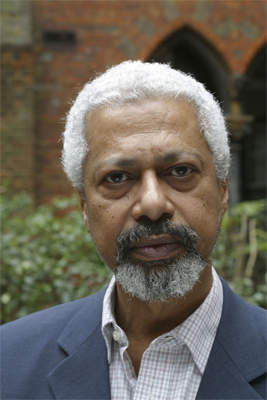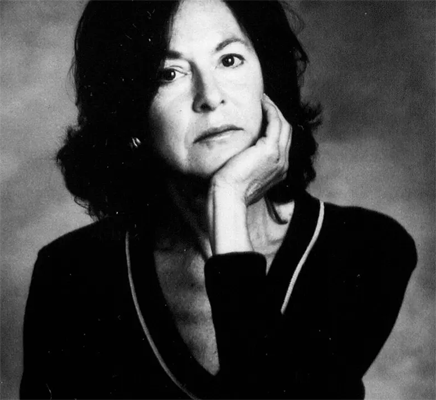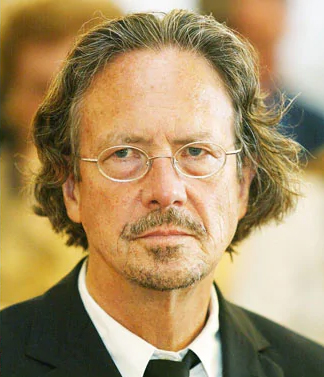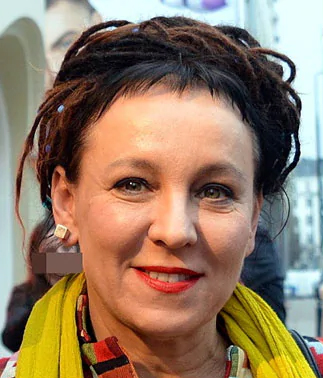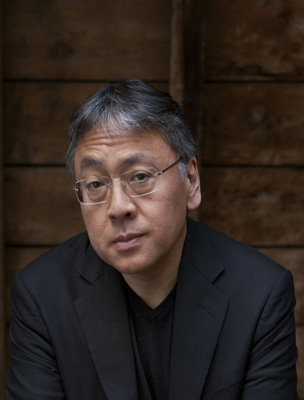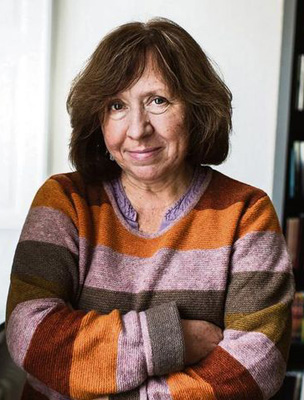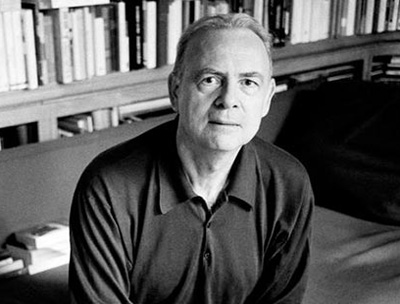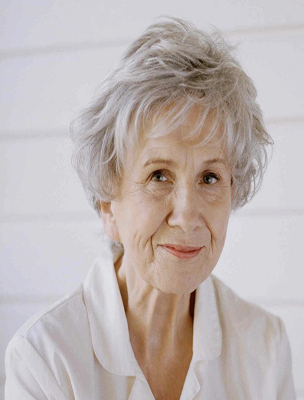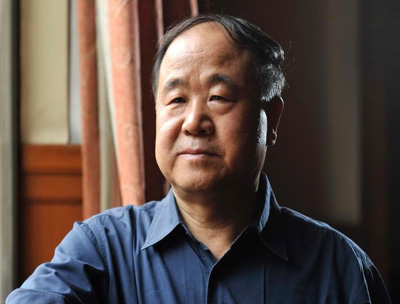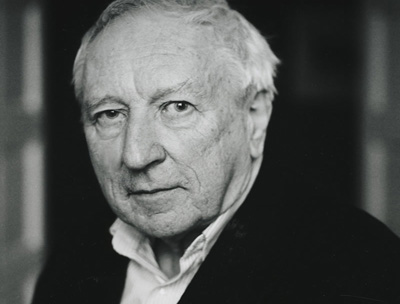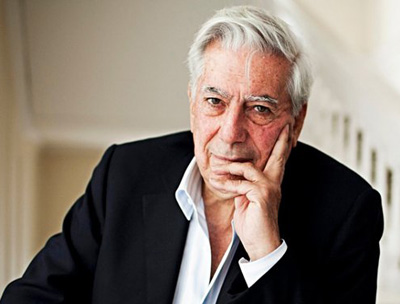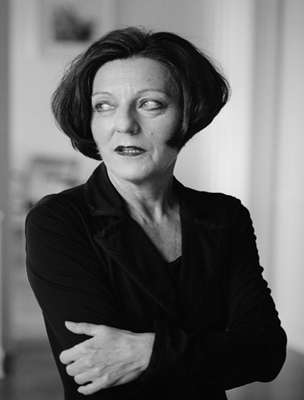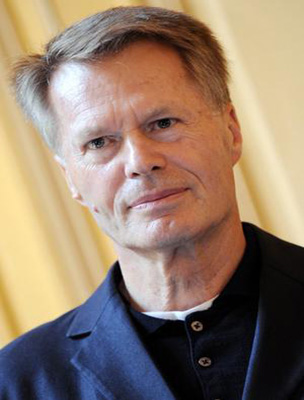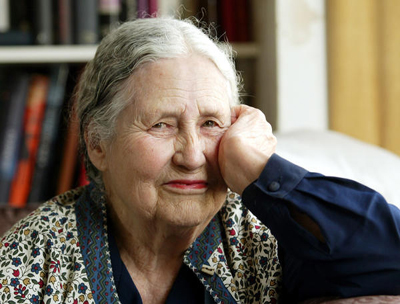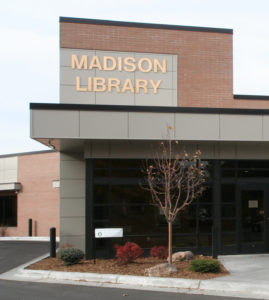The Nobel Prize in Literature
Alfred Nobel had broad cultural interests. During his early youth, he developed his literary interests which lasted throughout his life. His library consisted of a rich and broad selection of literature in different languages. During the last years of his life, he tried his hand as an author and began writing fiction. Literature was the fourth prize area Nobel mentioned in his will.
The Nobel Prize in Literature is awarded by
the Swedish Academy, Stockholm, Sweden.
2025: László Krasznahorkai
The Nobel Prize in Literature 2025 was awarded to László Krasznahorkai “for his compelling and visionary oeuvre that, in the midst of apocalyptic terror, reaffirms the power of art.”
2024: Han Kang
The Nobel Prize in Literature 2024 was awarded to Han Kang “for her intense poetic prose that confronts historical traumas and exposes the fragility of human life.”
2023: Jon Fosse
The Nobel Prize in Literature 2023 was awarded to Jon Fosse “for his innovative plays and prose which give voice to the unsayable.”
2022: Annie Ernaux
The
2021: Abdulrazak Gurnah
The Nobel Prize in Literature 2021 was awarded to Abdulrazak Gurnah “for his uncompromising and compassionate penetration of the effects of colonialism and the fate of the refugee in the gulf between cultures and continents.”
2020: Louise Glück
The Nobel Prize in Literature 2020 was awarded to Louise Glück “for her unmistakable poetic voice that with austere beauty makes individual existence universal.”
2019: Peter Handke
The Nobel Prize in Literature 2019 was awarded to Peter Handke “for an influential work that with linguistic ingenuity has explored the periphery and the specificity of human experience.”
2018: Olga Tokarczuk
The Nobel Prize in Literature 2018 was awarded to Olga Tokarczuk “for a narrative imagination that with encyclopedic passion represents the crossing of boundaries as a form of life.”
2017: Kazuo Ishiguro
The Nobel Prize in Literature 2017 was awarded to Kazuo Ishiguro “who, in novels of great emotional force, has uncovered the abyss beneath our illusory sense of connection with the world”.
2016: Bob Dylan
The Nobel Prize in Literature 2016 was awarded to Bob Dylan “for having created new poetic expressions within the great American song tradition”.
2015: Svetlana Alexievich
The Nobel Prize in Literature 2015 was awarded to Svetlana Alexievich “for her polyphonic writings, a monument to suffering and courage in our time”.
2014: Patrick Modiano
The Nobel Prize in Literature 2014 was awarded to Patrick Modiano “for the art of memory with which he has evoked the most ungraspable human destinies and uncovered the life-world of the occupation”.
2013: Alice Munro
The Nobel Prize in Literature 2013 was awarded to Alice Munro “master of the contemporary short story”.
2012: Mo Yan
The Nobel Prize in Literature 2012 was awarded to Mo Yan “who with hallucinatory realism merges folk tales, history and the contemporary”.
2011: Tomas Tranströmer
The Nobel Prize in Literature 2011 was awarded to Tomas Tranströmer “because, through his condensed, translucent images, he gives us fresh access to reality”.
2010: Mario Vargas Llosa
The Nobel Prize in Literature 2010 was awarded to Mario Vargas Llosa “for his cartography of structures of power and his trenchant images of the individual’s resistance, revolt, and defeat”.
2009: Herta Müller
The Nobel Prize in Literature 2009 was awarded to Herta Müller “who, with the concentration of poetry and the frankness of prose, depicts the landscape of the dispossessed”.
2008: Jean-Marie Gustave Le Clézio
The Nobel Prize in Literature 2008 was awarded to Jean-Marie Gustave Le Clézio “author of new departures, poetic adventure and sensual ecstasy, explorer of a humanity beyond and below the reigning civilization”.
2007: Doris Lessing
The Nobel Prize in Literature 2007 was awarded to Doris Lessing “that epicist of the female experience, who with scepticism, fire and visionary power has subjected a divided civilisation to scrutiny”.
Regular Hours of Operation
- Monday: 9:00 am – 6:00 pm
- Tuesday - Wednesday: 9:00 am – 8:00 pm
- Thursday: 11:00 am – 8:00 pm
- Friday: 10:00 am – 6:00 pm
- Saturday: 10:00 am – 2:00 pm
- Sunday: CLOSED
Closures in 2026
- January 1 – New Year’s Day
- January 19 – Martin Luther King, Jr., Day
- February 16 – Presidents Day
- April 4 – Building Maintenance
- May 23-25 – Memorial Day
- June 19 – Juneteenth
- July 3-4 – Independence Day
- September 5-7 – Labor Day
- October 3 – Building Maintenance
- November 11 – Veterans Day
- November 25 – Closing at 5:00 pm
- November 26-28 – Thanksgiving
- December 24-26 – Christmas
- December 31 – New Year’s Eve
- January 1, 2027 – New Year’s Day
Address
73 North Center
Rexburg, Idaho 83440
We are located on Center Street, just north of Main Street, by the Historic Rexburg Tabernacle.
Contact Us
(208) 356-3461
24 Hour Phone Renewal: (208) 356-6658
askmadisonlibrary@madisonlib.org

